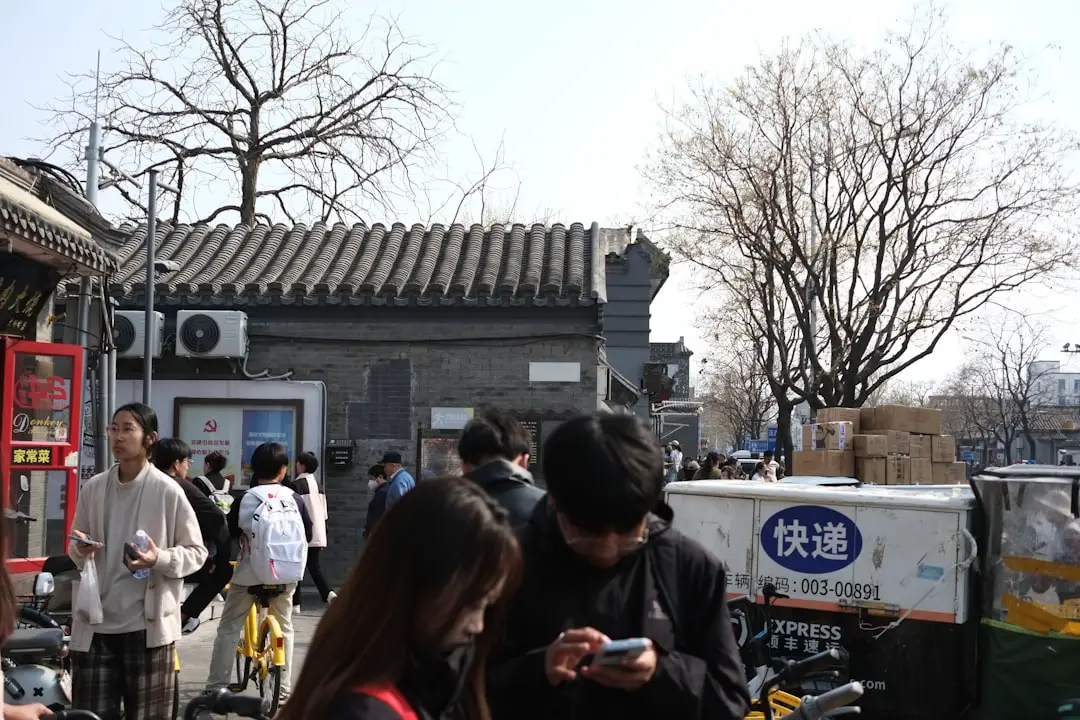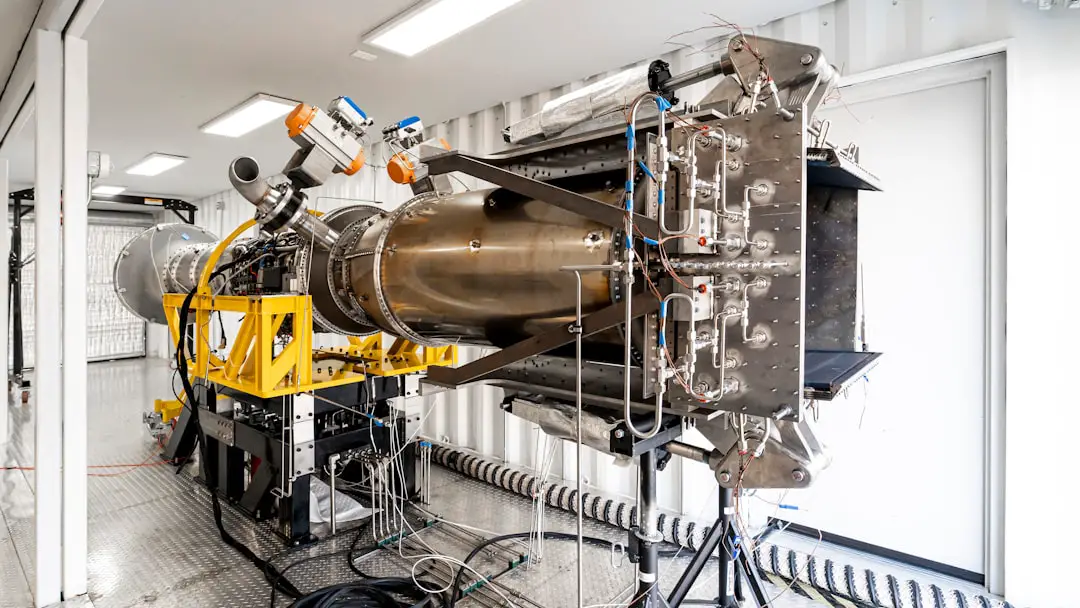
China has recently implemented export controls to protect its electric vehicle (EV) battery technology. This move comes in response to concerns about the potential theft of intellectual property related to EV batteries.
The new regulations will require Chinese companies to obtain government approval before exporting certain types of EV batteries and related technologies. This is seen as a way to prevent the unauthorized transfer of sensitive technology to foreign competitors.
The Wall Street Journal reports that China’s Ministry of Commerce has stated that the export controls are necessary to safeguard national security and protect the country’s technological advancements in the EV industry. The Ministry has also emphasized the importance of ensuring that Chinese companies have the necessary resources to develop and produce EV batteries domestically.
While the export controls are aimed at protecting China’s EV battery technology, they may also have implications for global supply chains and the international trade of EV components. Some experts have raised concerns about the potential impact of these regulations on the EV industry as a whole.
Overall, China’s decision to implement export controls for EV battery technology highlights the increasing importance of intellectual property protection in the rapidly growing EV market. As the demand for electric vehicles continues to rise, it is crucial for countries to take measures to safeguard their technological innovations and maintain their competitive edge in the industry.
Source: The Wall Street Journal







